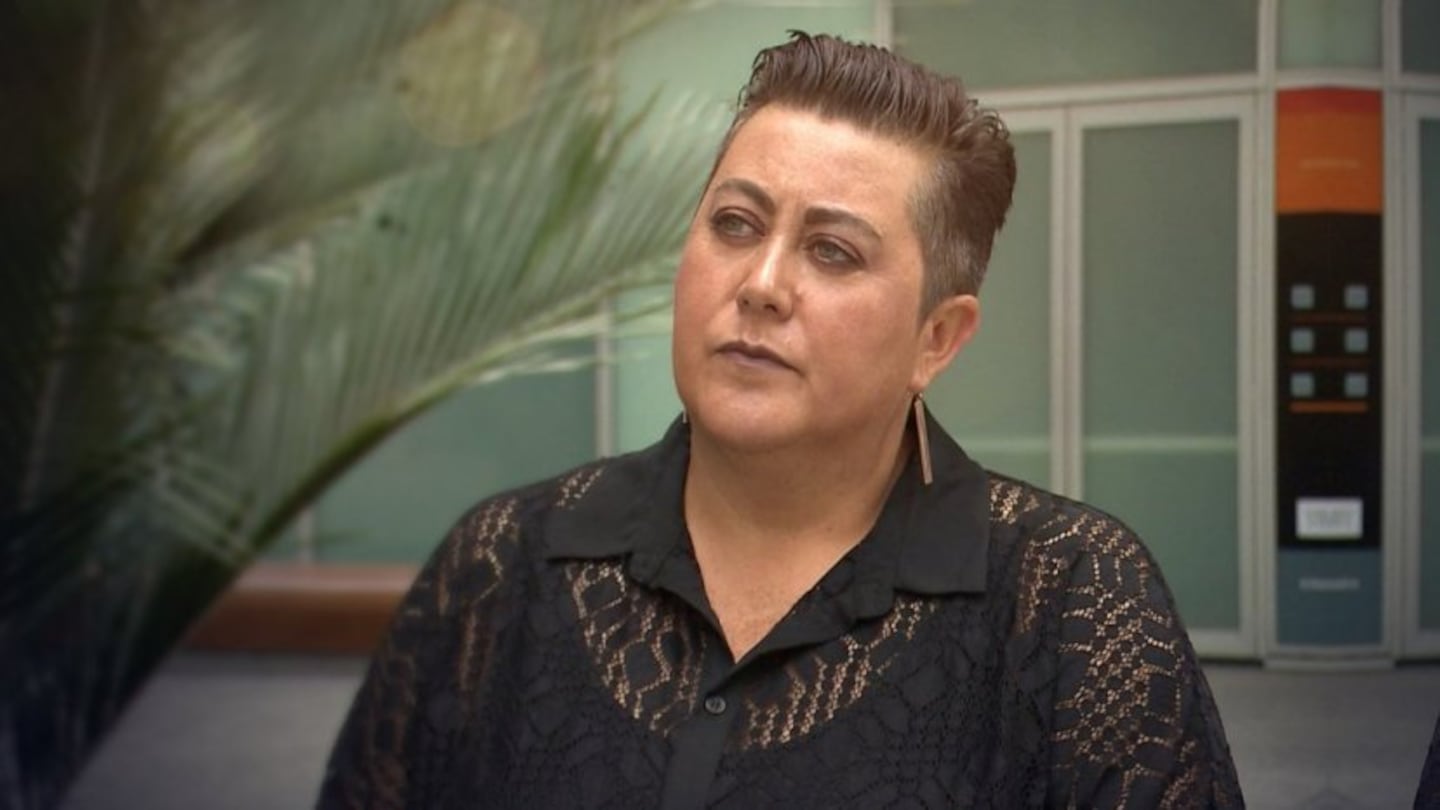Associate Professor Khylee Quince has been appointed Dean of Law at AUT University. She is the first dean of law at a New Zealand university of Māori descent.
She says she hopes to increase participation among Māori while also indigenising the entire law sector.
"I'm the first in my whānau, the first in my hapū that I know of to go to university, let alone law school, and I came from a low-decile school, just down the road here where my kids go. you know, we just have different life experience."
Quince, of Te Roroa/Ngapuhi and Ngati Porou, teaches criminal law, advanced criminal law and youth justice. She was recently appointed to the Parole Board and is dedicated to changing a justice system failing Māori and Te Tiriti obligations by ignoring tikanga Māori (customary law).
"We have been touched by the law in different ways than other citizens in the country and in quite harmful ways that have caused a lot of mamae," she says.
"We think about law as the colonisation enforcer. It's the tool that colonisers used to bring about colonisation."
Decolonising the legal system
Quince has been on a career-long battle to change the colour of the legal landscape from students to practitioners, to the implementation of tikanga Māori within the legal framework of Aotearoa.
Quince says all Māori law academics are involved in a research project founded by the Boram Foundation, which is about implementing tikanga as the first law of the country for all law students and all law schools.
"Having a Māori head of school is going to make that process much easier for us to embed that whakaaro."
In 2017 Māori made up 12% of all domestic students studying for an LLB. However, just 6.3% of practising lawyers are Māori.
Quince says she hopes to dismantle the barriers to Māori success in legal education.
"It's hard for our people to engage with systems and processes that have and continue to cause so much mamae, so much harm to our people."
"I had a student the other week, a first-year from a tribal community with no connection with uni who was worried that to be a law student she had to come wearing a suit."
Her work will continue to bridge the gap between Māori and the New Zealand Police.


